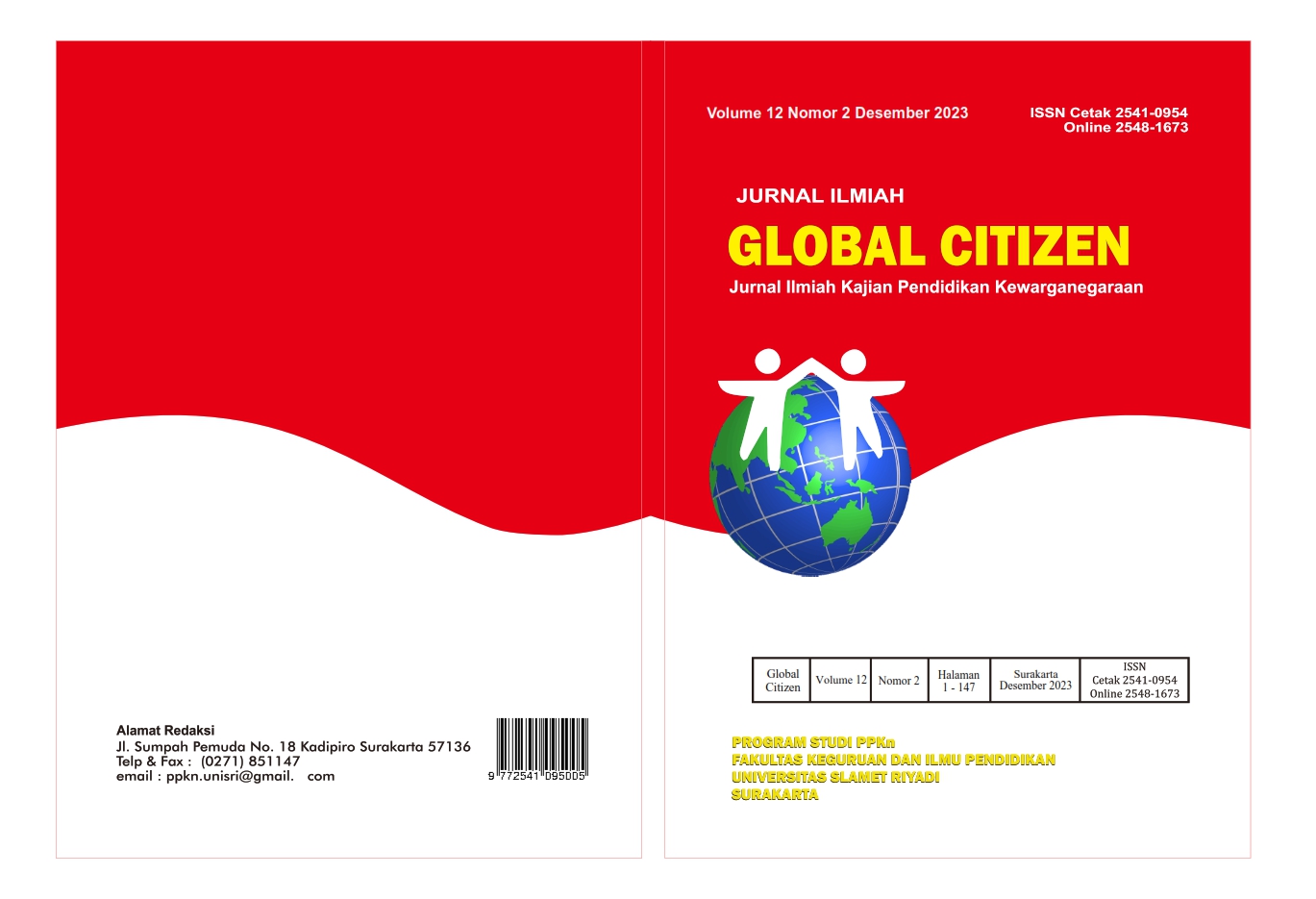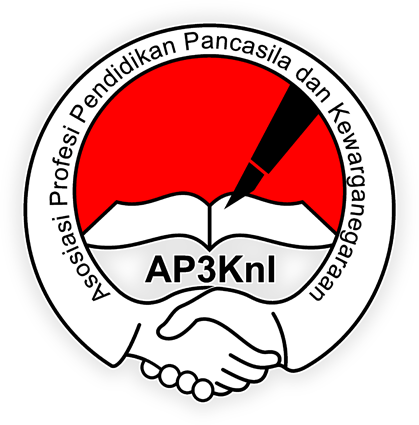IMPLIKASI ETIKA PANCASILA DALAM UPAYA PERLINDUNGAN HUTAN
DOI:
https://doi.org/10.33061/jgz.v12i2.7440Abstract
Â
Pancasila contains five basic meanings that are interrelated with the nation's history, national ideology, ethics and various other aspects. Ethics is a system of values ​​or moral norms that serve as guidelines for a person or group of people to behave and act. The application of Pancasila in life can be said to be still not fully implemented. There are still various deviations from Pancasila values. Deviations that can still be seen clearly are forest fires. Various irresponsible human actions such as cutting down trees on a large scale and throwing cigarette butts carelessly are the causes of forest fires. The importance of forests for the survival of life is one of the important factors for the need for forest protection. Humans are required to have good ethics and are in harmony with the nation's ideology. Regarding this matter, Pancasila is emphasizing in the Preamble to the 1945 Constitution of the Republic of Indonesia as a guide, source of law, and legal principles in drafting laws and regulations regarding the environment, especially forests.
Keywords: Pancasila, nation, ethics

Downloads
Published
How to Cite
Issue
Section
License
Copyright (c) 2023 Kania Uswama, Fatma Ulfatun Najicha

This work is licensed under a Creative Commons Attribution-NonCommercial 4.0 International License.
Authors who publish this journal agree to the following terms:
- Authors retain copyright and grant the journal right of first publication with the work simultaneously licensed under a Creative Commons Attribution License that allows others to share the work with an acknowledgement of the work's authorship and initial publication in this journal.
- Authors can separately make additional contractual arrangements for non-exclusive distribution published by the journal (e.g., publish it in a book), with an acknowledgement of its initial publication in this journal.
- Authors are allowed and encouraged to send their work via online (e.g., in the institutional repositories or their website) after published by the journal.















